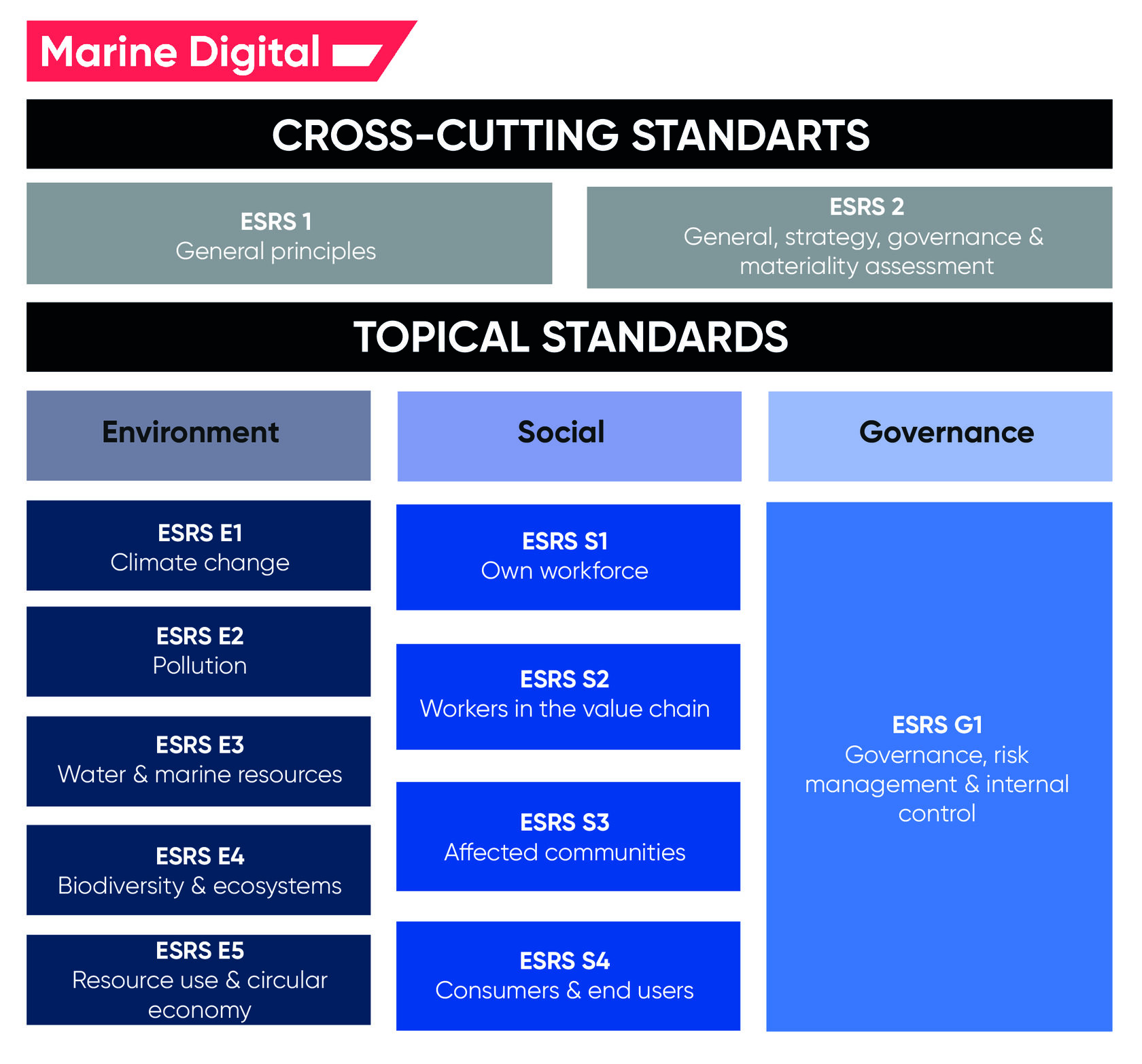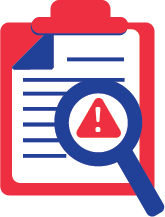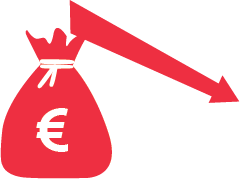EFRAG approved the European Sustainability Reporting Standards
The European Financial Reporting Advisory Group published the final version of the European Sustainability Reporting Standards at the end of October. The new standards are part of Europe's Corporate Sustainability Reporting Directive which was adopted earlier
The European Financial Reporting Advisory Group (EFRAG) published the final version of the European Sustainability Reporting Standards (ESRS) at the end of October. The new standards are part of Europe's Corporate Sustainability Reporting Directive (CSRD) which was adopted earlier.
These new rules will significantly expand the number of companies required to provide sustainability disclosures to over 50,000 EU businesses. And this is more than 4x the number of companies (approximately 11,700 organizations) which currently report their impact under NFRD.
Companies covered by the new rules will have to provide sustainability reporting on their strategies and business models and how material ESG impacts, risks, and opportunities are identified and managed. This includes policies, targets, action plans, and performance measurement metrics. There are four areas approved for disclosure in the frame of the updated versions of the ESRS:
- Cross-cutting: (ESRS 1) General requirements; (ESRS 2) General disclosures.
- Environment: (ESRS E1) Climate change; (ESRS E2) Pollution; (ESRS E3) Water and marine resources; (ESRS E4) Biodiversity and ecosystems; (ESRS E5) Resource use and circular economy.
- Social: (ESRS S1) Own workforce; (ESRS S2) Workers in the value chain; (ESRS S3) Affected communities; (ESRS S4) Consumers and end-users.
- Governance: (ESRS G1) Business Сonduct.

It is expected that the CSRD will enter into force among the member states before the end of 2022 and, likely, that the European Commission will also adopt the updated ESRS at the same time. If that happens, companies will have to apply the standards to their 2024 sustainability reports.
For more details please click here to access the approved ESRS
Read more about How a Focus on ESG Transparency Will Impact Business

TOP 5 factors contributing to lower fuel costs for Shipping companies
Get a presentation with a full description of the features and free pilot project with trial of Marine Digital FOS for 2 months
"Clicking the button, you consent to the processing of personal data and agree to the privacy policy"

Get an overview "The Pathway to Zero Carbon Shipping:
IMO Compliance and CII Optimization through SEEMP" on email and download it for FREE! Leave your email now!
"Clicking the button, you consent to the processing of personal data and agree to the privacy policy, as well as consent to subscribe to the newsletter. "
Аdvantage of Fuel Optimization System from Marine Digital:

Marine Digital FOS can be integrated with other system and third-party's solutions through the API. To implement vessel performance monitoring for any vessel, we are using mathematical algorithms, machine learning and the same equipment as in FOS. The more data we collect from vessels, the more precise reports and recommendations our system will perform according to your individual requirements in fleet management.
If you have any questions about the solutions and the Marine Digital System platform, write to us, we will be happy to answer
If you have any questions about the solutions and the Marine Digital System platform, write to us, we will be happy to answer

Increased business process speed

Reducing to zero the number of errors

Best offer to the clients

Reduction in operating expenses
Have a questions?





